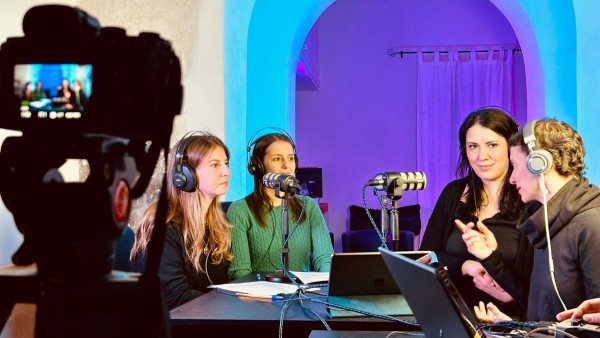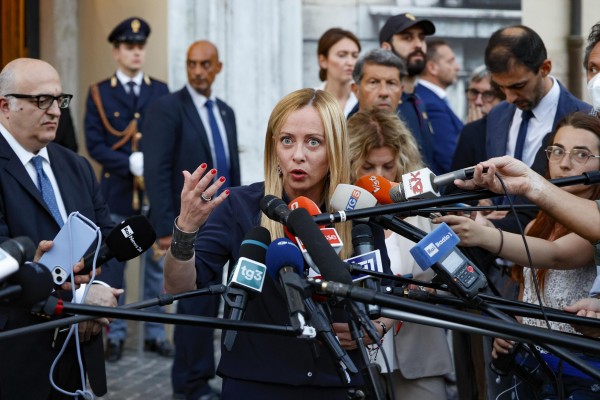For journalists and rights advocates, much is at stake as UN-member states gather in New York next month to hammer out the final points of a new global treaty to combat cybercrime. The treaty being negotiated could hand authorities far-reaching surveillance and investigatory powers both at home and abroad — and give repressive governments even more tools for targeting and muzzling the press.
The list of states that originally backed the treaty is enough to raise alarm bells. The resolution to develop the treaty was initially sponsored by Russia, then joined by Belarus, Cambodia, China, North Korea, Myanmar, Nicaragua, and Venezuela — a who’s who of despotic regimes with some of the worst records on press freedom and online censorship in the world.
The treaty comes at a time when a growing number of governments are already abusing domestic cybercrime laws to target journalists, as part of a wider pattern of “lawfare” against the press. Often enacted under the guise of combating terrorism, the spread of “disinformation,” religious hatred, and other forms of harmful speech, cybercrime laws in practice have become much-abused catch-alls to punish critics and journalists.
Early negotiation drafts of the UN treaty replicated many of the problems found in domestic cybercrime laws, with a wide range of overly broad criminal provisions giving governments vast powers to target and punish critical voices — including a section of vaguely defined content-based crimes, such as disseminating material that could incite “terrorism”.
While the latest draft of the convention removed a number of problematic content-based crimes, still absent are the strong human rights safeguards and independent checks necessary to ensure that this treaty does not end up weakening existing global expression, privacy, and security standards and protocols.
Moreover, the current draft gives states sweeping and unchecked surveillance and investigatory powers, both within and across their borders. The draft treaty asks states to enact laws allowing authorities investigating cybercrimes to intercept communications data in real time and to access stored data and communications. Requirements for independent judicial authorization and oversight over these incredibly intrusive investigatory powers are notably absent.
The treaty also compels member states to assist other countries in investigations of cybercrimes, with similarly invasive surveillance powers. At present, the treaty does not allow states the right to refuse to provide “mutual legal assistance” on grounds of potential human rights abuses or concerns.
The lack of such safeguards puts journalists and civil society at risk of increased surveillance by governments, many of which are already targeting media and advocacy groups using commercial surveillance and spyware tools, such as Pegasus. It could also have grave implications for the growing number of journalists and rights advocates who are seeking safe refuge in other countries to escape persecution or harm back home.
Given such high risks, plans to develop a global convention on cybercrime should be scrapped altogether. Efforts could be spent instead on improving and strengthening the existing regional treaty developed by the Council of Europe, the Budapest Convention on Cybercrime, which can serve as a model framework for states seeking to combat cybercrime around the world.
As it stands, the treaty under consideration could end up giving cover and legitimacy to states that already abuse cybercrime laws to target critics — and weaken existing human rights standards and protocols at a time when multilateral institutions and human rights frameworks are already under great strain amid growing authoritarianism worldwide.
At the very least, and as the negotiations move forward, states committed to defending press freedom must demonstrate these commitments by ensuring robust human rights safeguards are in place. Now is the time to prevent this treaty from becoming yet another weapon for authoritarians to attack journalists and undercut democracy.



